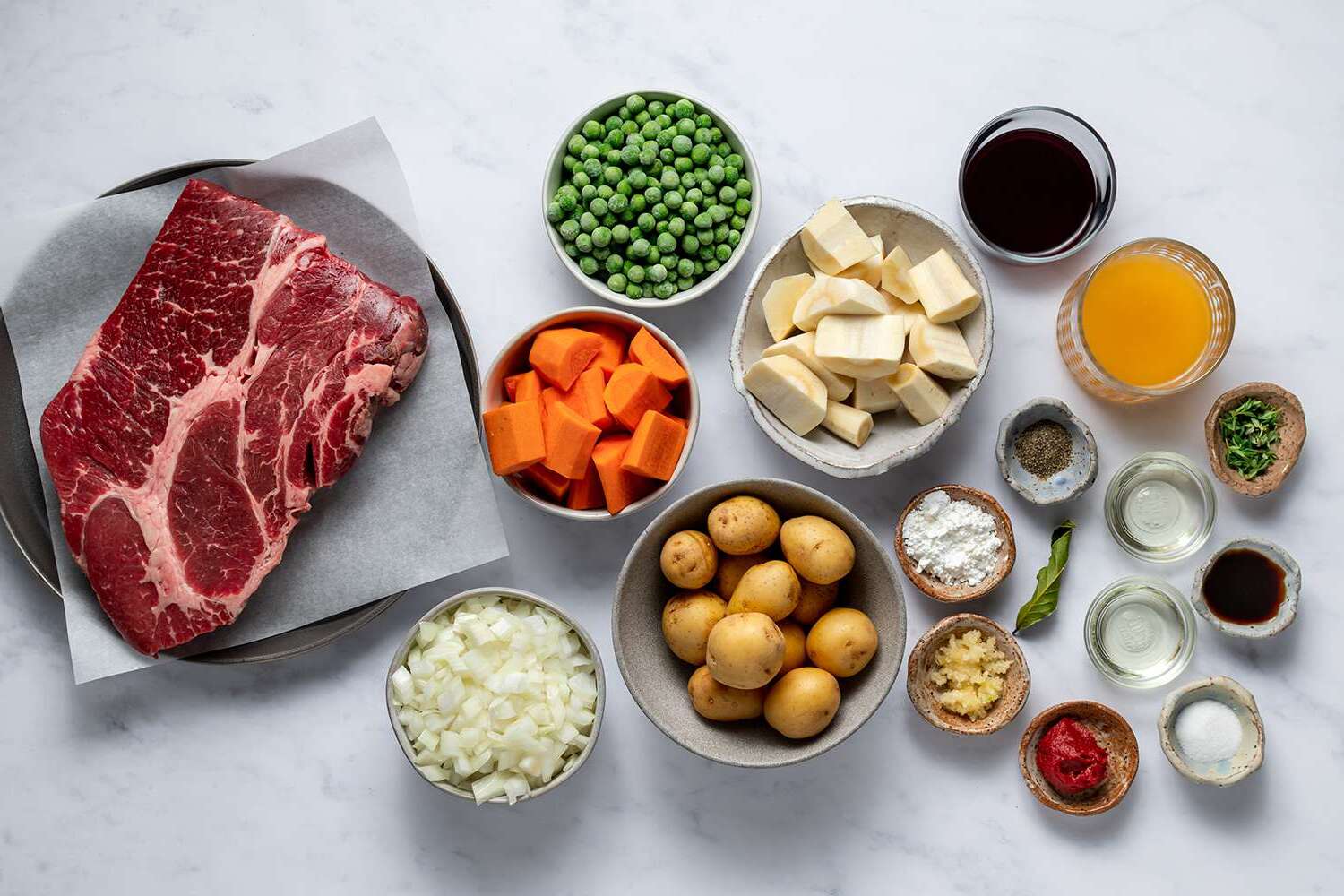
Cooking skills are more than just following recipes. They involve understanding ingredients, mastering techniques, and knowing how to balance flavors. Whether you're a beginner or a seasoned chef, there's always something new to learn in the kitchen. Did you know that knife skills can drastically improve your cooking efficiency? Or that the Maillard reaction is what gives your food that delicious browned flavor? From the science behind baking to the art of plating, cooking is a blend of creativity and precision. Ready to level up your culinary game? Here are 39 fascinating facts about cooking skills that will inspire you to don your apron and get cooking!
Key Takeaways:
- Mastering basic cooking skills like knife techniques, seasoning, and temperature control can make cooking faster, safer, and more delicious. It's like learning the ABCs of cooking!
- Exploring advanced techniques like searing, sous vide, and baking skills can elevate your cooking to a whole new level. It's like unlocking special powers in the kitchen!
The Basics of Cooking Skills
Cooking is an essential life skill that everyone should learn. It not only helps you eat healthier but also saves money. Here are some interesting facts about cooking skills.
- Knife skills are fundamental. Learning to chop, dice, and slice properly can make cooking faster and safer.
- Seasoning is key. Knowing how to use salt, pepper, and other spices can transform a dish from bland to delicious.
- Temperature control is crucial. Understanding how to use low, medium, and high heat can prevent burning and ensure even cooking.
- Reading recipes thoroughly before starting can save time and prevent mistakes.
- Mise en place is a French term meaning "everything in its place." Preparing ingredients before cooking can make the process smoother.
- Tasting as you go ensures the dish is seasoned correctly and allows for adjustments.
Advanced Cooking Techniques
Once you have the basics down, you can start exploring more advanced techniques to elevate your cooking.
- Searing meat creates a flavorful crust. High heat is used to brown the surface while keeping the inside juicy.
- Deglazing involves adding liquid to a hot pan to lift the browned bits, creating a rich sauce.
- Sous vide cooking uses precise temperature control to cook food evenly. It involves vacuum-sealing food and cooking it in a water bath.
- Braising combines searing and slow cooking. Meat is browned, then cooked slowly in liquid, making it tender and flavorful.
- Blanching vegetables involves boiling them briefly, then plunging them into ice water to stop cooking. This technique preserves color and texture.
- Emulsifying is mixing two liquids that usually don't combine, like oil and vinegar, to create a smooth sauce.
Baking Skills
Baking is a science that requires precision and patience. Here are some facts to help you become a better baker.
- Measuring ingredients accurately is crucial. Baking is less forgiving than cooking, so precise measurements are necessary.
- Room temperature ingredients mix more easily and evenly. Take eggs, butter, and milk out of the fridge ahead of time.
- Preheating the oven ensures even baking. Putting food in a cold oven can affect the texture and rise.
- Sifting flour removes lumps and aerates it, resulting in lighter baked goods.
- Using parchment paper prevents sticking and makes cleanup easier.
- Cooling baked goods on a wire rack prevents sogginess by allowing air to circulate.
Cooking for Health
Cooking at home allows you to control ingredients and make healthier choices. Here are some facts about healthy cooking.
- Using fresh ingredients ensures maximum nutrients and flavor.
- Steaming vegetables retains more vitamins than boiling.
- Using whole grains like brown rice and quinoa adds fiber and nutrients.
- Reducing salt and using herbs and spices can enhance flavor without added sodium.
- Cooking with healthy fats like olive oil and avocado oil provides essential fatty acids.
- Portion control is easier at home, helping to manage calorie intake.
Cooking Around the World
Exploring global cuisines can expand your cooking skills and palate. Here are some interesting facts about international cooking techniques.
- Stir-frying is a quick cooking method from China. Ingredients are cooked rapidly in a hot pan with a small amount of oil.
- Tandoori cooking from India uses a clay oven to cook marinated meats at high temperatures, resulting in smoky flavors.
- Ceviche from Latin America involves marinating raw fish in citrus juice, which "cooks" the fish with acid.
- Paella from Spain is a rice dish cooked with saffron, seafood, and meats in a wide, shallow pan.
- Tagine cooking from Morocco uses a conical clay pot to slow-cook stews, preserving moisture and flavor.
- Sushi from Japan involves precise knife skills and the art of rolling rice and fish.
Fun Cooking Facts
Cooking can be fun and surprising. Here are some quirky facts to entertain you.
- Carrots were originally purple before the orange variety was cultivated.
- Honey never spoils. Archaeologists have found pots of honey in ancient Egyptian tombs that are over 3,000 years old and still edible.
- The world’s largest pizza was made in Rome in 2012 and measured 1261.65 square meters.
- Tomatoes were once considered poisonous in Europe because they belong to the nightshade family.
- The most expensive spice in the world is saffron, which can cost up to $5,000 per pound.
- Bananas are berries, but strawberries are not. Botanically, bananas fit the berry criteria, while strawberries do not.
- Peppers get their heat from a compound called capsaicin, which can also be used in pain relief creams.
- The first cookbook was written by Apicius, a Roman gourmet, in the 1st century AD.
- Chocolate was once used as currency by the Aztecs, who valued it highly.
Mastering Cooking Skills
Mastering cooking skills isn't just about following recipes. It's about understanding techniques, experimenting with flavors, and making the kitchen your playground. From knowing how to properly chop vegetables to mastering the art of seasoning, these skills can transform your meals from ordinary to extraordinary. Remember, practice makes perfect. Don't be afraid to make mistakes; they're part of the learning process. Try new ingredients, explore different cuisines, and most importantly, have fun. Cooking should be an enjoyable experience, not a chore. With time and patience, you'll find yourself creating dishes that not only taste great but also bring joy to those who share them with you. So, grab your apron, sharpen those knives, and start cooking. Your culinary journey awaits, and who knows, you might just discover a hidden talent along the way. Happy cooking!
Frequently Asked Questions
Was this page helpful?
Our commitment to delivering trustworthy and engaging content is at the heart of what we do. Each fact on our site is contributed by real users like you, bringing a wealth of diverse insights and information. To ensure the highest standards of accuracy and reliability, our dedicated editors meticulously review each submission. This process guarantees that the facts we share are not only fascinating but also credible. Trust in our commitment to quality and authenticity as you explore and learn with us.


